I used to think that people from the United States, or Americans, as they are known in their home country, were the only people to claim themselves as percentages of this and that nationality, or just claim themselves wholesale to be X (where X stands for Irish, Italian, etc.). We’re not talking about recently-sworn in Americans, whose culture and accents show even the casual observer that while the United States is their country, they didn’t start there. I’m talking about second- and third-generation (usually white) Americans who say they are something else, for example, Irish.
Being Irish is a good example because many Irish-Americans have married other Irish-Americans. So common is this Irish pride, that I have been jokingly asked by many an Irish person (born in Ireland, Irish passport, darling accent, etc) “So let me guess, you’re Irish?” No, I protest. I am not Irish. “Sure you are,” they say, your grandfather or your great grandmother or whatever was from Ireland and you’re one of those Americans that says they’re Irish.
But I am not and I do not. I was named Eileen, in the Ashkenazi Jewish tradition of naming after a beloved deceased relative, in this case my maternal grandfather who died while I was in utero. I have what my grandmother would have called a goyish (WASPy) nose, pale skin because my family’s from Eastern Europe, and freckles because I am unlucky. I am not Irish. Good laughs and the occasional pint of Guiness follows (though I really prefer Murphy’s Cream Stout if we’re going for dark beer).
As it turns out, the United Statesian is not the only bicho (creature) who says he’s from somewhere else. I have known this for a while. Soy de familia Española (I’m of Spanish origin, lit: I’m from a Spanish family) might as well be the national slogan in Chile. Everyone’s Spanish. They’ve got their family tree pointing towards the patria (mother country) and trace their roots back to the conquistadores. Of course there are people in Chile from other areas of the world. Many people have some indigenous blood, and a solid minority are from Germany or places nearby. But the “I’m Spanish” credo prevails.
I don’t blame them for wanting to have a link to Spain. It’s a beautiful place, from what I remember, and Europe tends to have more caché than South America. Certainly I can understand why they would root for Spain over England in a soccer match. The Chileans and Spanish share a language (kind of), a few dishes here and there. In short, whatever. You want to be from Spain? It’s no skin off my teeth.
But here’s where things get confusing. I don’t look Spanish, particularly. But apparently my accent is hard to place, and sometimes gets mistaken for Spanish (though never by Spaniards). Today I was in line in the grocery store, and got to chitchatting with the guy behind me. “Eres de la tierra madre ,” (you’re from the mother land), he said to me. “Cuál?” (Which?), I asked. “La única,” (the only one), he said. And I looked at him for a second, and I said, I’m from the country that is kicking everyone else out of the water cube and winning more gold medals than any other country in swimming.
Sometimes it is nice to be American. Even if I am really Lithuanian/Polish/English.

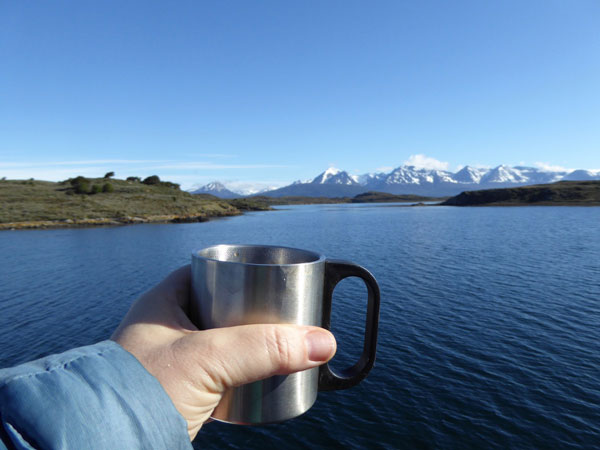
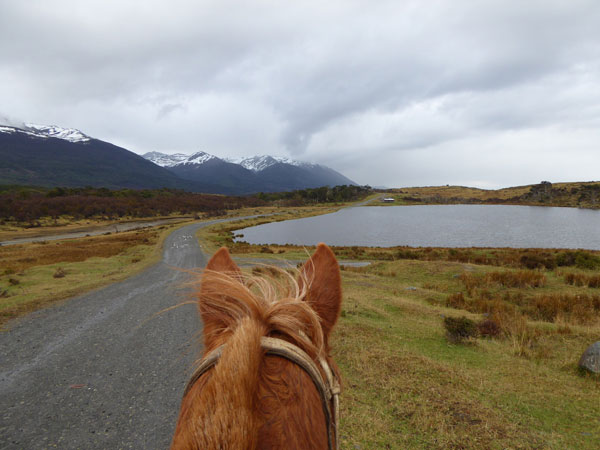

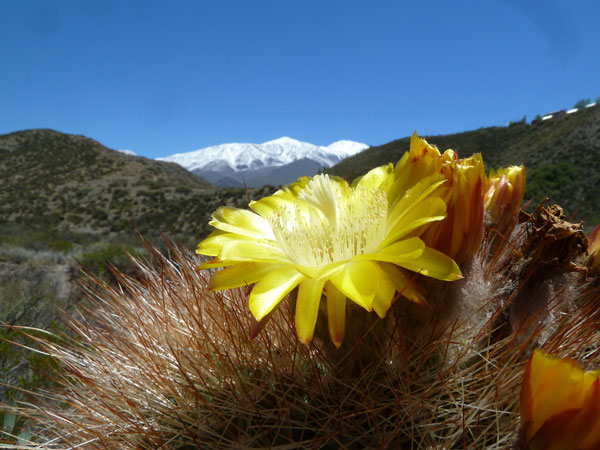
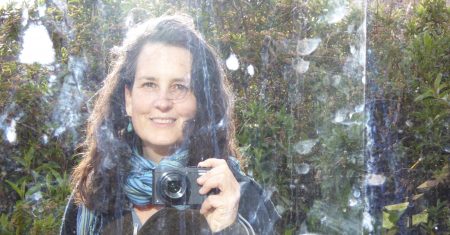
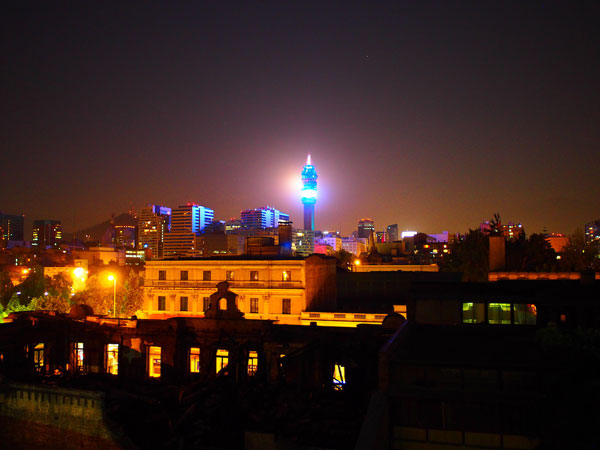
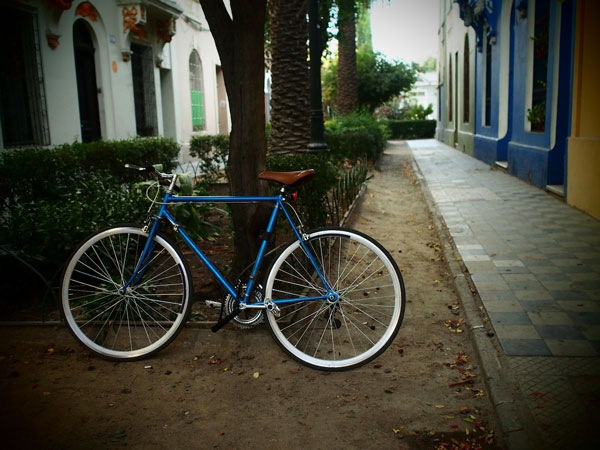


It’s the same way with the basques. There are lots of them around here.
BTW, España is madre patria, madre tierra is the pacha mama 😛
You’re totally right, and he said Madre Tierra, not Tierra Madre. It’s like how I always write Chile when I’m trying to write child. My mind got ahead of my fingers, or vice versa.
Will change in orig. post! I should float these by you so you can edit and correct them first!